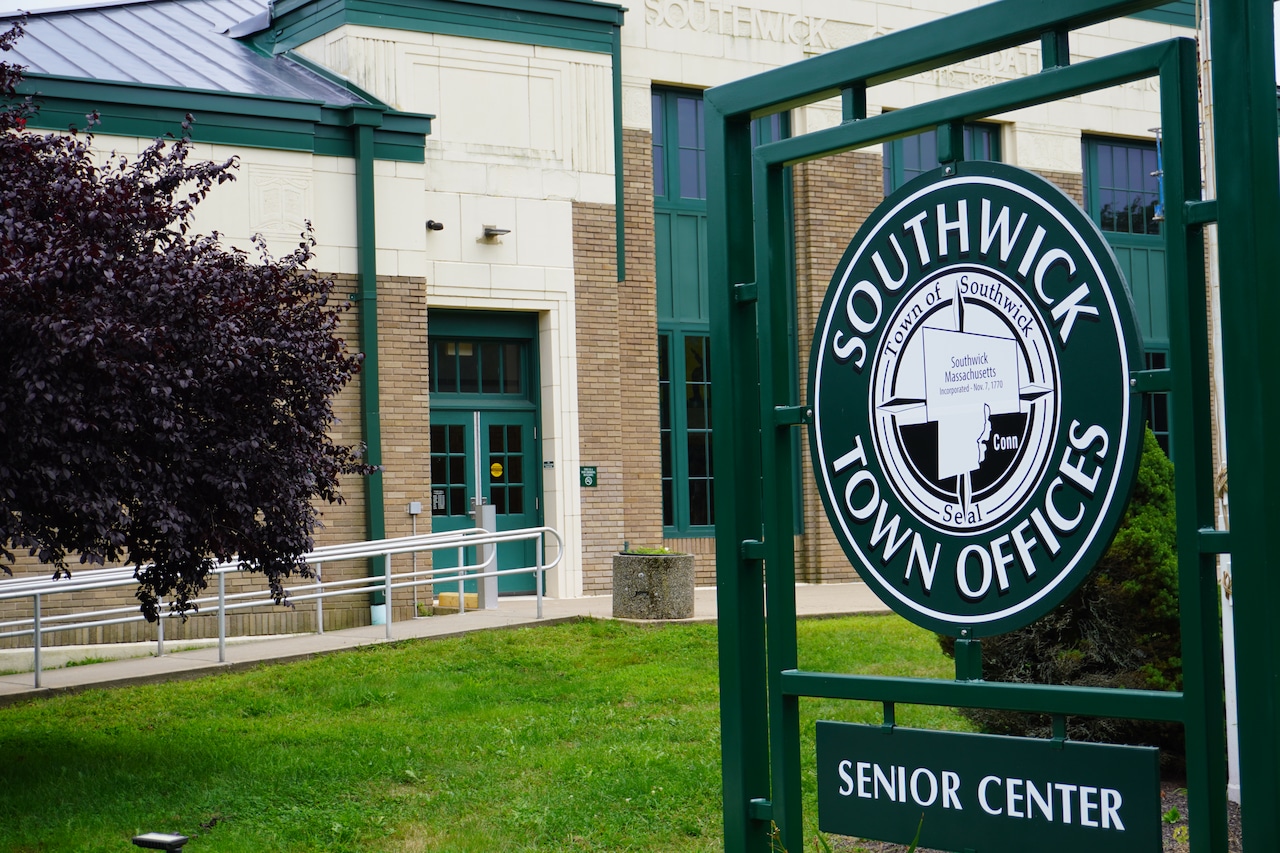
If you’ve raged against the traffic on the Massachusetts Turnpike or any of the state’s major highways, wondered if the T was ever going to get fixed, or spent time waiting for a bus that was hopelessly behind schedule, take heart: You are hardly alone.
That was one of the big takeaways as transportation funding advocates fanned out across the commonwealth to hear from commuters and strap-hangers firsthand as they searched for a fix.
On Tuesday, they released their findings in a wide-reaching report concluding that Bay Staters have been saddled with a perennially underfunded transportation network that undercuts the state’s economic competitiveness, access to employment, and even tourism.
The report also offers policymakers a “roadmap” to start some badly needed repairs.
“Massachusetts families have been stuck with an underfunded transportation system for way too long, struggling with unsafe infrastructure, unreliable service, and more,” Seth Gadbois, a staff attorney at the Conservation Law Foundation, which coordinated the report’s release, said in a statement.
“This report shows that there is a path to close the funding gaps — a way forward that protects our communities and their wallets,” Gadbois said.
The prescription includes slapping higher taxes on luxury goods and high-income corporations, giving more tools to communities to pay for local projects, and reinvesting the increased property value from transportation projects to fund transportation budges.
Doing so will shift the burden of funding away from middle- and low-income earners who pay the fares to ride on public transit, they argued.
The report also offers suggestions to reduce congestion on the state’s clogged highways, as well as strategies to reduce pollution and electrify public transit, along with ways to give people “the freedom to choose how to move.”
“We know what we’re up against,” Reggie Ramos, the executive director of Transportation for Massachusetts, a Boston-based advocacy group, said of unraveling the funding knot.
The state’s Millionaire’s Tax already provides hundreds of millions of dollars a year in dedicated funding for transportation projects that nonetheless just scratch the surface.
That special levy on the state’s wealthiest residents, who also stand to benefit from improved transportation and infrastructure, “proves how we can make funds available for the delivery of public services,” Ramos said.
State officials have taken steps in recent years to address transportation funding issues across the spectrum.
The nearly $58 billion budget that Democratic Gov. Maura Healey signed into law in July doubled the state’s operational support for the MBTA, and it set aside $250 million from the state’s Commonwealth Transportation Fund to leverage $1.1 billion for capital projects.
It also provided funding for free fares on regional transit systems. The T, meanwhile, launched a low-income fare program in August.
And even with the MBTA on the precipice of being slow-zone free, the agency still faces a $700 million budget shortfall in the 2026 budget year that could grow to $900 million by 2029 if left unaddressed, according to an analysis by the Massachusetts Taxpayers Foundation.
Taken together, that means the state “needs a new transportation funding model that provides ample and sustained revenue that is equitably sourced and distributed, that can meet the needs of our transportation systems today, and appropriately resource the transportation system we need for tomorrow,” the report concluded.
The 53-page document is sprinkled with anecdotes from commuters about the challenges they face as they try to get to and from work and school.
“I take the bus every day to work … I take an hour and a half trip,” said one such commuter, identified as Eddie from Springfield. “I would say the hardest trip is in the morning because I get out sometimes at 5 [a.m.] or 4:30 in the morning. Early shift buses don’t run until 5, 5:30. So that’s kind of a tough time for me getting home … because I have to wait like an hour or two just to get on the bus to go home.”
Another person, identified as Crystal from Worcester, said she was worried about getting around if something happened to the family’s only car.
“Up until six weeks ago we were a two-car household until a Worcester driver ripped off the front of my husband’s vehicle, and they totaled it. So we are down to one car,” she said, according to the report. “And that’s actually one of the things I worry about now is if something happens to my car … I don’t know what I would do if that would happen.”
Those conversations hammered home the diversity of needs across the state, Ramos told MassLive.
“It really tells us that people across the commonwealth travel differently,” she said. “And the needs are different. Some are drivers who talk about the burden of owning cars and safety on the road. And there are public transit riders who depend on it and can’t connect to employment without it. If anything… it shows the breadth of systems we need to address with funding.”
The report also stresses the links between access to affordable transportation and tackling the state’s housing crisis, as researchers argued that “affordable housing can only truly exist when there is affordable public transit to get to it.”
That means Bay State residents “need options,” Ramos told MassLive, adding that policymakers need to ”unsilo those systems.”
“We should be talking about it in terms of equity and access,” she said.





